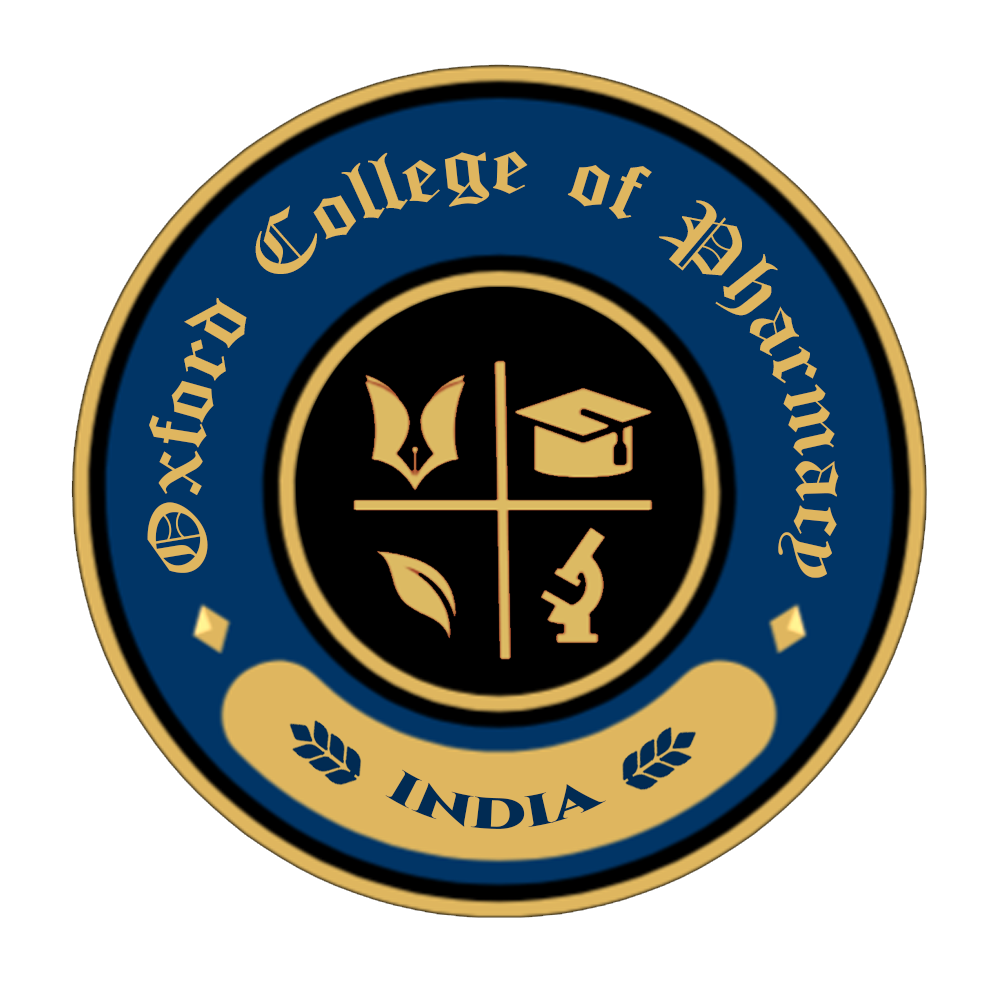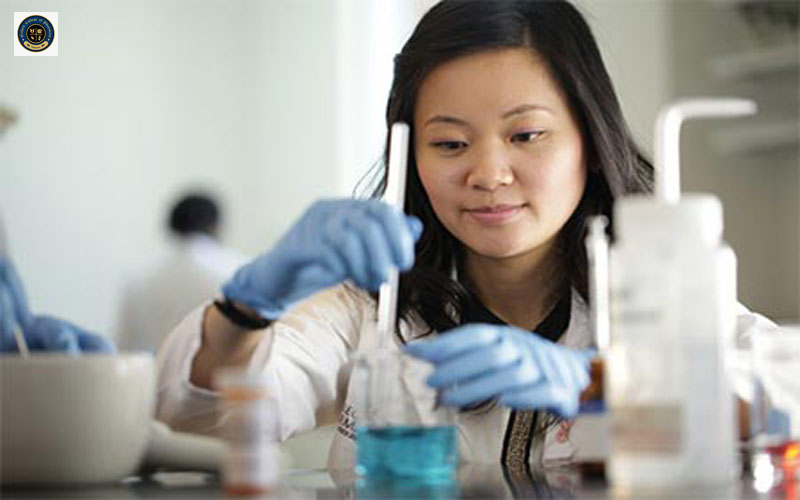Do you have dream of improving public health by working in the healthcare sector. Then Doctor of Pharmacy (Pharm.D) will be a great choice for you. As a Pharm.D profession you will be not only an important part of the healthcare system but, also contribute in the improvement of the public health.
Do you want to know the significant role of Pharm.D professionals in the healthcare system? Here we have listed some of those roles.
Management of Scheduled Medicines:
Pharm.D professionals have well knowledge of drug therapy and they are in charge of making it sure that patients are prescribed with correct medication. They manage drug regimens, monitor patient outcomes, and adjust therapies to achieve optimal health results. As they are expert in the profession, so the chance of medication errors and side effects of drugs get reduced which enhance safety of the patients and effectiveness of the treatment. To do a Pharm.D course, you can contact the top colleges of Pharm.D.
Patient Consultation and Education:
The important role of Pharm.D professionals is providing knowledge to the patients about their prescription, proper way of taking the medicines, potential risks and connection to another medication and foods. By providing clear and comprehensive information, they empower patients to manage their health conditions effectively, leading to better adherence to treatment plans and improved health outcomes.
Medical Advice:
The Pharm.D professionals also work with the healthcare team in clinics and hospitals. They provide clinical consultations to physicians and other healthcare providers, offering insights into drug therapy choices and optimizing pharmacotherapy plans for individual patients. This partnership makes sure comprehensive techniques to patient care.
Hope you like this blog and the above listed points will help you to know the important roles of Pharm.D professionals play in improvement of public health. Pharm.D professionals are vital to the healthcare system, providing expertise in medication management, patient education, clinical consultation, public health advocacy, research, and policy development.






